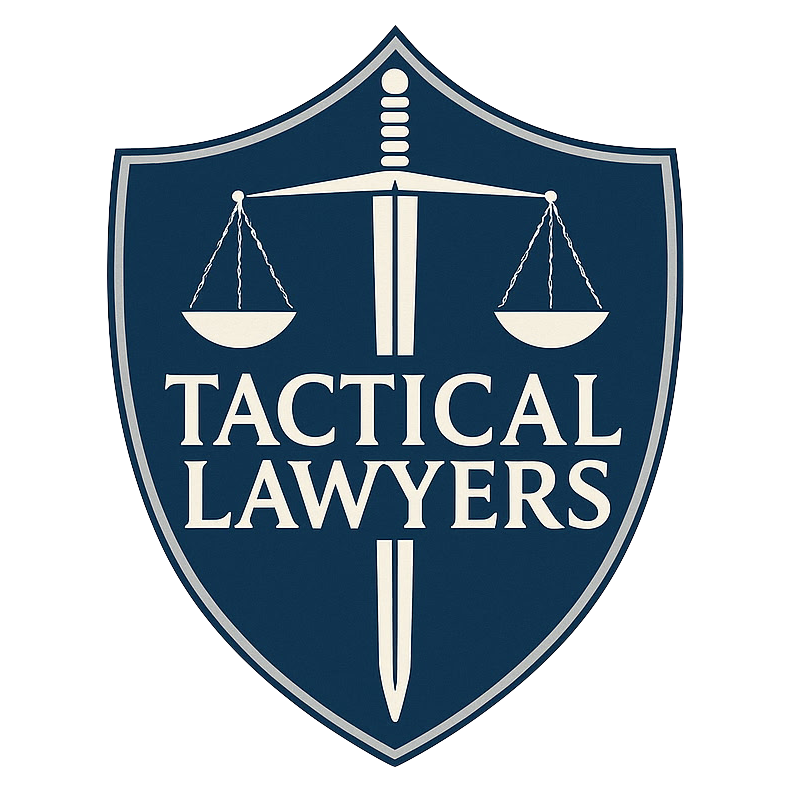White‑Collar Defense that protects your freedom, career, and reputation
If you or your company faces an investigation, subpoena, search, or charges, speed and strategy matter. We guide you through each step—quietly and decisively—while coordinating corporate, tax, and regulatory issues that often run in parallel. Our team prepares you for interviews, negotiates with prosecutors, and builds a trial‑ready defense if resolution isn’t possible.
- Early intervention: shape the narrative before charging decisions are made.
- Privilege and preservation: litigation holds, document control, and internal fact development.
- Government interface: respond to subpoenas/CIDs, manage interviews, and consider proffer options.
- Cross‑discipline support: align corporate governance, insurance/D&O, and tax exposure.

Our approach: discreet, strategic, and trial‑ready
We protect you on multiple fronts—legal, operational, and reputational. Expect clear timelines, tight privilege controls, and a defense that anticipates parallel risks like employment, tax, and regulatory exposure.
Internal fact review & privilege strategy
Launch litigation holds, collect key documents, and interview select witnesses under counsel direction to preserve privilege and accuracy.
Government engagement & negotiations
Coordinate responses to subpoenas/CIDs, manage agent outreach, and evaluate proffers, non‑prosecution, or deferred prosecution agreements when appropriate.
Compliance remediation & messaging
Where helpful, design remedial policies and training, align D&O and indemnification, and prepare credible mitigation materials for charging and sentencing considerations.
Trial‑ready defense backed by experts
Prepare motions practice, expert consultations (forensics, accounting), and investigation to challenge elements like intent, materiality, and loss.

Process & timeline: Investigations → charging → motions → resolution/trial
- Rapid intake and crisis plan: immediate do/don’t guidance, communication protocol, and privilege structure.
- Preservation & internal review: litigation holds, targeted document collection, and interview memoranda under counsel direction.
- Government response: manage subpoenas/CIDs, negotiate scope and timing, and prepare witnesses for interviews or testimony.
- Charging decisions: advocacy on elements (intent, materiality, loss), consideration of declination or alternative resolutions.
- Pretrial motions: challenge searches, statements, venue, joinder, and expert admissibility.
- Resolution or trial: evaluate plea/deferred options, sentencing advocacy, or proceed with a trial plan built from day one.
Every matter is unique. We provide you with clear milestones, decision points, and expected timelines at the outset. For how we manage communication, security, and next steps across cases, see Our Process .
Want a neutral primer on subpoenas and investigations? The Legal Information Institute offers helpful overviews at law.cornell.edu .
White‑Collar Defense FAQs
Clear, practical answers to help you take the right first steps.
Act now to protect your rights—and your future
We respond quickly, secure your documents, and engage with agencies to reduce risk. You’ll receive a clear plan and timeline within your first consultation.
Page last updated: September 12, 2025
